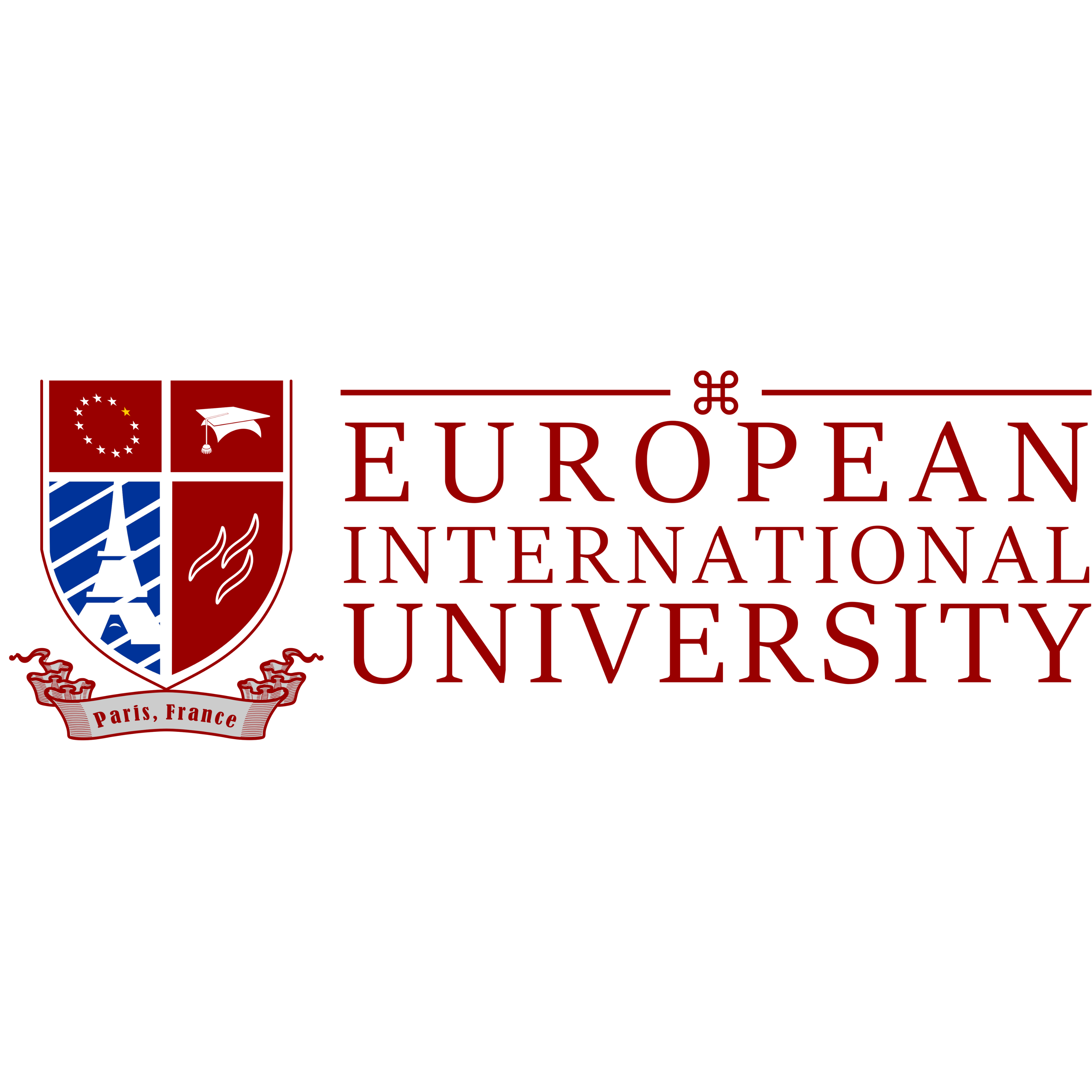
The Doctorate in Sociology is a comprehensive and intellectually rigorous program for individuals seeking to conduct advanced research on social behavior, institutions, and structures. This program is ideal for scholars and professionals dedicated to examining the underlying forces that shape societies, including issues of inequality, culture, identity, power, globalization, and social justice.
Through in-depth study of classical and contemporary sociological theory, as well as mastery of research methodologies, students develop the skills necessary to critically analyze complex social phenomena. The program encourages independent, original research that contributes to the broader understanding of societal challenges and promotes informed solutions. Candidates produce a substantial dissertation based on their chosen area of inquiry, supported by expert faculty supervision and academic mentoring.
Throughout the program, students engage in seminars, research projects, fieldwork, and academic presentations. They are encouraged to publish their work and participate in international sociological discourse. The Doctorate in Sociology also promotes interdisciplinary research, connecting sociology with fields such as anthropology, political science, education, economics, and public health.
Graduates are well-equipped for impactful careers in academia, think tanks, NGOs, governmental and international agencies, and social policy development. With its focus on critical thinking, ethical research, and social awareness, the program empowers scholars to become agents of change and thought leaders in addressing the pressing social issues of our time.